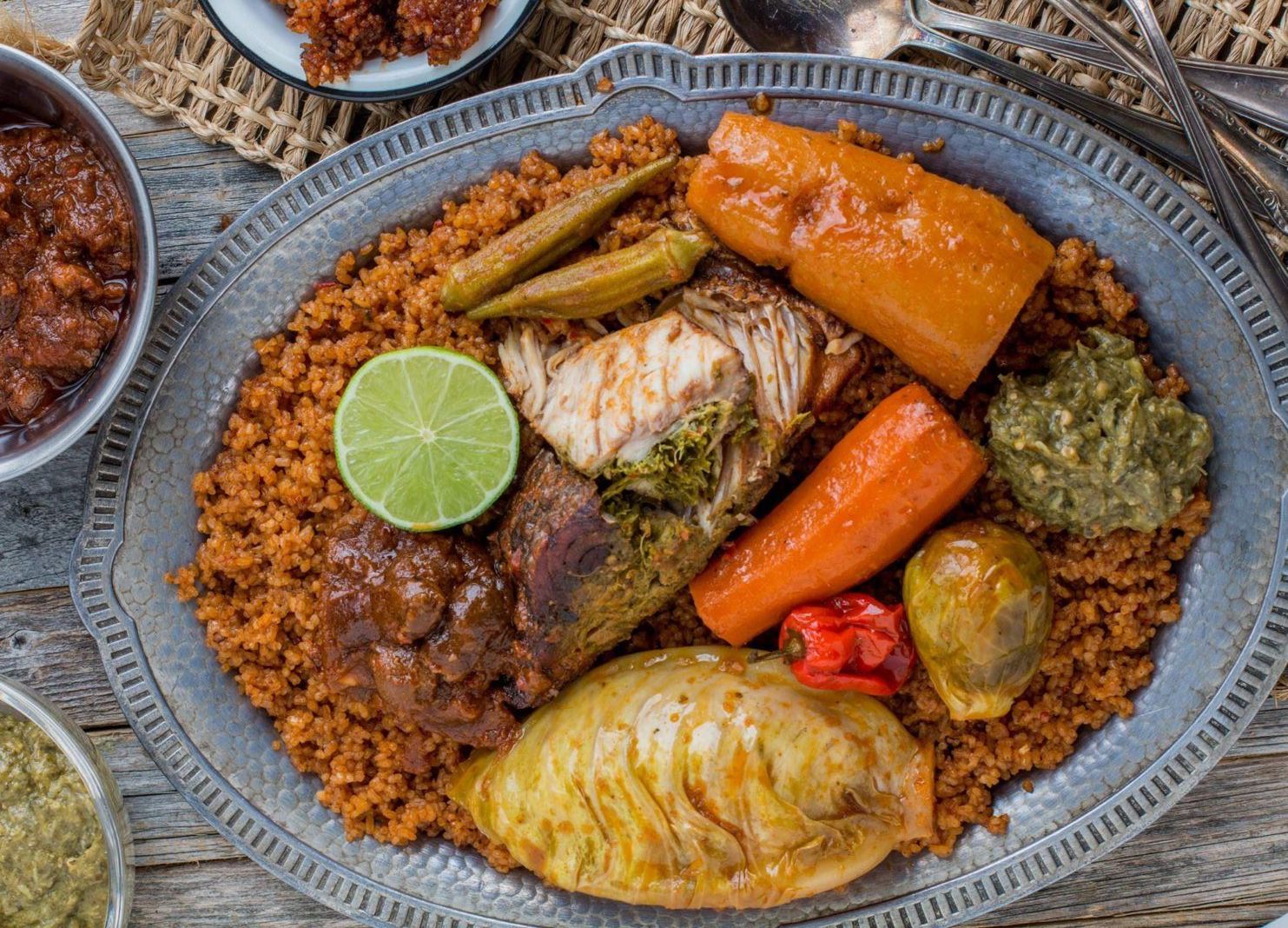
Thieboudienne
The United Nations Educational and Scientific and Cultural Organization(UNESCO) now officially recognized Senegal as the origin of jollof rice UNESCO made the pronouncement on the disputed dish known as “ceebu jen” which is also a favourite throughout West Africa.
According to reports,”Ceebu jën “is a dish that originated in the fishing communities on the Island of Saint-Louis in Senegal. Although recipes vary from one region to the next, the dish is typically made with fish steak, broken rice, dried fish, mollusc and seasonal vegetables such as onions, parsley, garlic, chilli pepper, tomatoes, carrots, eggplant, white cabbage, cassava, sweet potato, okra and bay leaf. The quality of the fish and the choice of vegetables are determined by the importance of the event or the degree of affection one has for the guest.
The recipe and techniques are traditionally passed down from mother to daughter. In most families, ceebu jën is eaten with the hands, although spoons or forks are usually used in restaurants. The dish is also tied to specific cultural practices. For instance, it is forbidden to sit with a raised knee, the bowl must be held with the left hand, and grains of rice must not be dropped when eating. The ceebu jën dish and associated practices are viewed as an affirmation of Senegalese identity.




